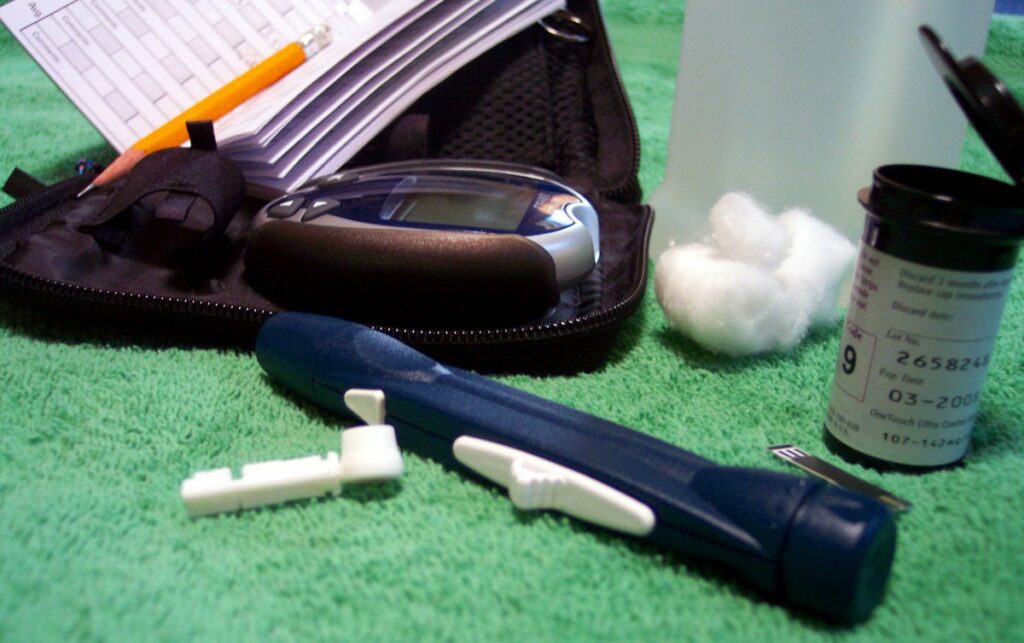Big swings in your blood sugar can make you feel lousy. But even if you aren’t aware of them, they can still increase your risk for a number of serious health problems. By making simple but specific adjustments to your lifestyle and diet, you can gain better blood-sugar control.
Type 2 diabetes decreases the body’s production of insulin, which is a hormone that regulates blood sugar. Without enough insulin, sugar builds up in the blood and can damage nerves and blood vessels. This increase of blood sugar also increases your risk for heart disease and stroke. Over time, high blood sugar, also known as hyperglycemia, can lead to more health problems, including kidney failure and blindness.
Symptoms of high blood sugar typically develop at levels above 200 milligrams per deciliter (mg/dL). On the flip side, if you’re not closely monitoring your blood sugar levels, they can drop too low. Warning signs of low blood sugar, or hypoglycemia, include:
- Dizziness
- Irritability
- Sweating
- Weakness
- Lack of coordination
Rather than focus on things you shouldn’t have, try incorporating the following foods and healthy habits into your daily routine.
Nuts
Nuts such as almonds, walnuts, and pistachios contain healthy fat that slows the body’s absorption of sugar. But be sure to limit how many nuts you eat in one sitting because even healthy fats contain calories.
Whole Grains
Oat bran, barley, and rye are fiber-rich foods that contain beta-glucan. This soluble fiber increases the amount of time it takes for your stomach to empty after eating and prevents spikes in blood sugar. Remember, though, that these foods are still carbohydrates.
Vegetables
Packed with fiber, non-starchy vegetables such as broccoli, cucumber, and carrots can also help prevent surges in blood sugar levels while providing essential nutrients.
Avoid Skipping Meals
It’s important to spread out your daily food intake, starting with breakfast. Consuming more food in just one or two meals a day causes greater fluctuations in blood sugar levels. Often times you will find that if you decide to skip breakfast or lunch, you will start showing symptoms of low or high blood sugar, depending on your diet.
Prepare For Drinking
If you haven’t eaten, drinking alcohol can cause your blood sugar to drop up to 24 hours later. This happens because the body is working to get rid of it. If you want to drink alcohol, check your blood sugar first. It’s also important to eat before or while you drink.

